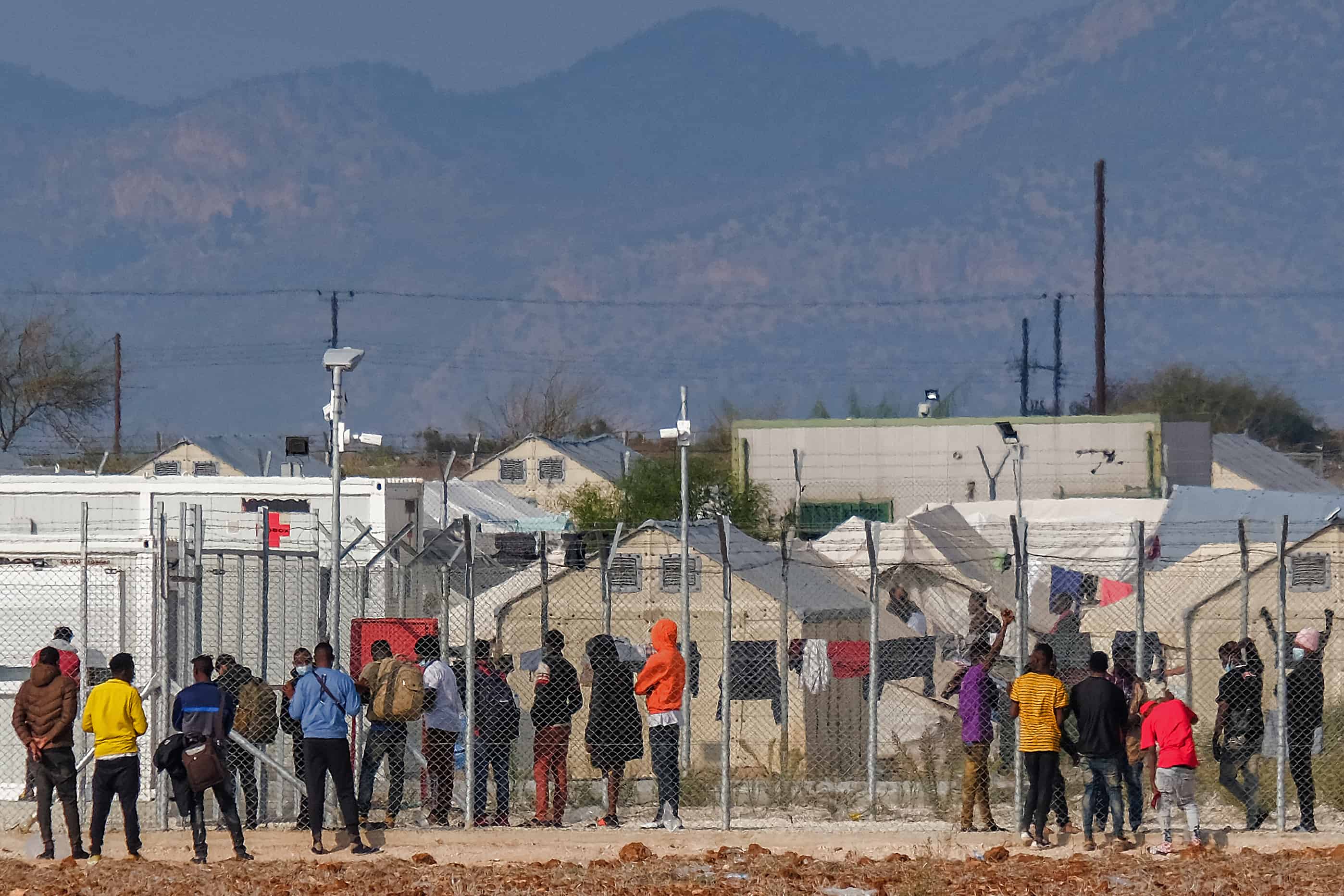Geneva, Switzerland – Soaring debt levels compounded by high inflation and rising interest rates have dashed job-seekers’ hopes in developing countries, the International Labour Organisation (ILO) warned on Wednesday.
In its new Monitor on the World of Work report, ILO shows that while in high-income countries, only 8.2 percent of people willing to work are jobless, that number rises to over 21 percent in low-income countries – or one in every five people.
Low-income countries in debt distress are worst affected, with more than one in four people who want to work unable to secure employment.
ILO’s Assistant Director-General for Jobs and Social Protection, Mia Seppo, said that global unemployment was expected to fall below pre-pandemic levels, with a projected rate of 5.3 percent in 2023, equivalent to 191 million people.
However, low-income countries, especially those in Africa and the Arab region, were unlikely to see such declines in unemployment this year.
The 2023 global jobs gap, which refers to those who want to work but do not have a job, is projected to rise to 453 million people, she said, with women 1.5 times more affected than men.
In calling for improved capacity to develop “coherent, data-informed labour market policies” that protect the most vulnerable, the ILO senior official insisted that these should have an emphasis on upskilling and reskilling the labour force to prepare it for a “greener, more digital world of work”.








